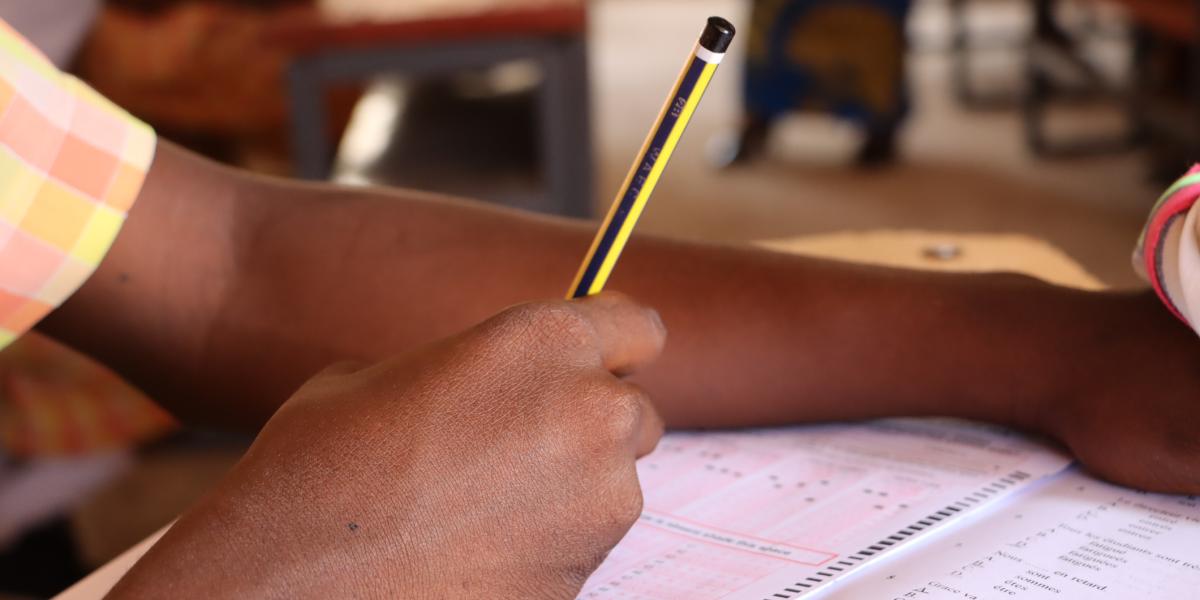Breadcrumb

In 2018, Ghana’s Minister of Education Matthew Prempeh was reconsidering the language of instruction (LOI) policy for primary schools. In a country with more than 80 local languages yet a national language of English, the LOI policy stated that Grades 1 through 3 should be taught in one of 11 select Ghanaian languages, with Grade 4 onwards taught in English. While international evidence showed that students learnt critical skills best when taught in their first language, Prempeh saw many implementation challenges to the existing LOI policy, such as providing teaching materials in the 11 different languages. Moreover, Prempeh viewed English as a global language that could unlock opportunities. Should he improve the implementation of the current LOI policy, introduce English earlier, or move to English-only instruction altogether?
- Examine how demands of utility can or should be balanced against concerns over socio-cultural wellbeing;
- Consider policy options that ensure equality and improve education outcomes for children in a multilingual country;
- Explore approaches for designing enduring policy reform
